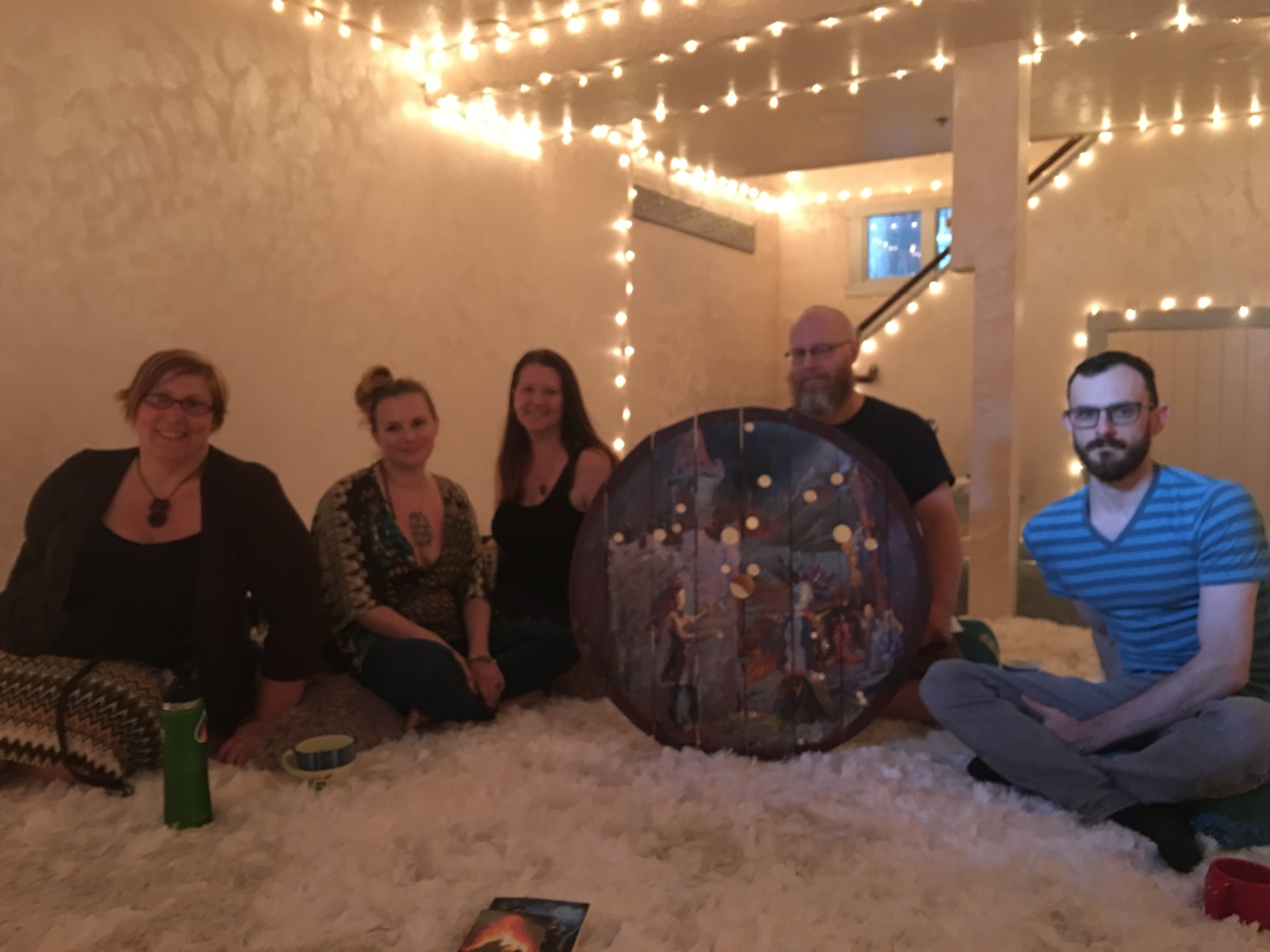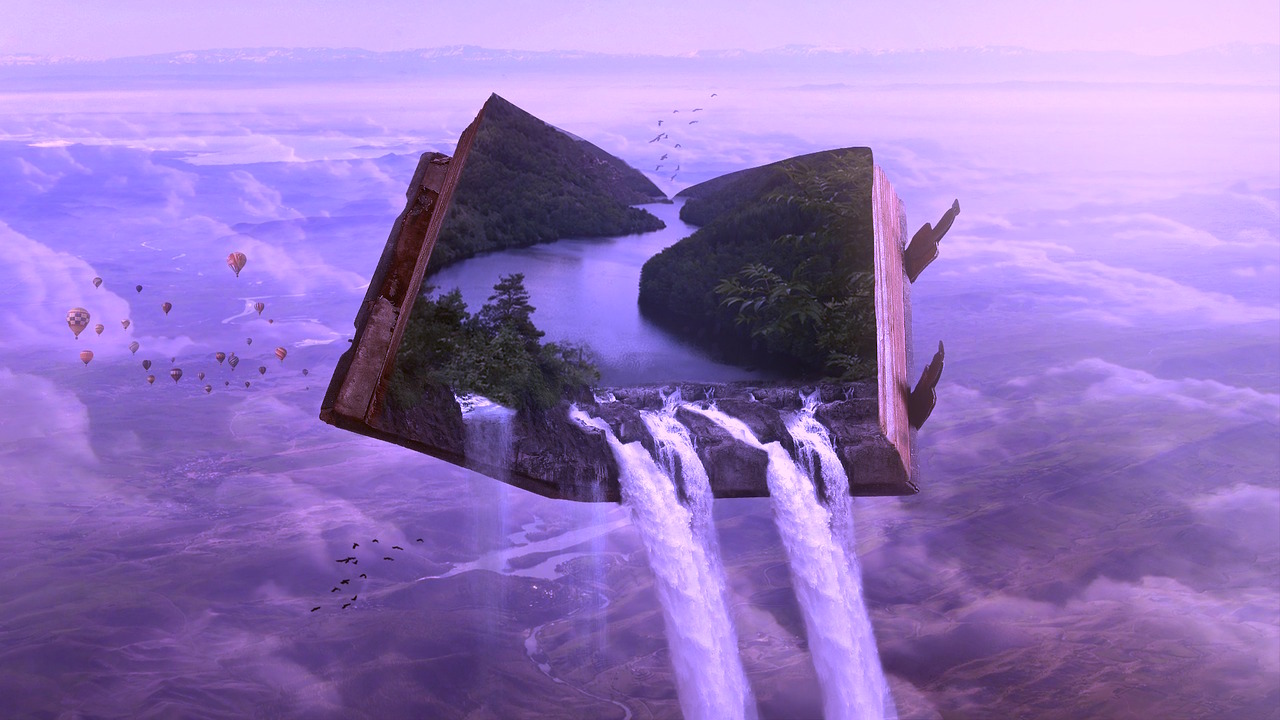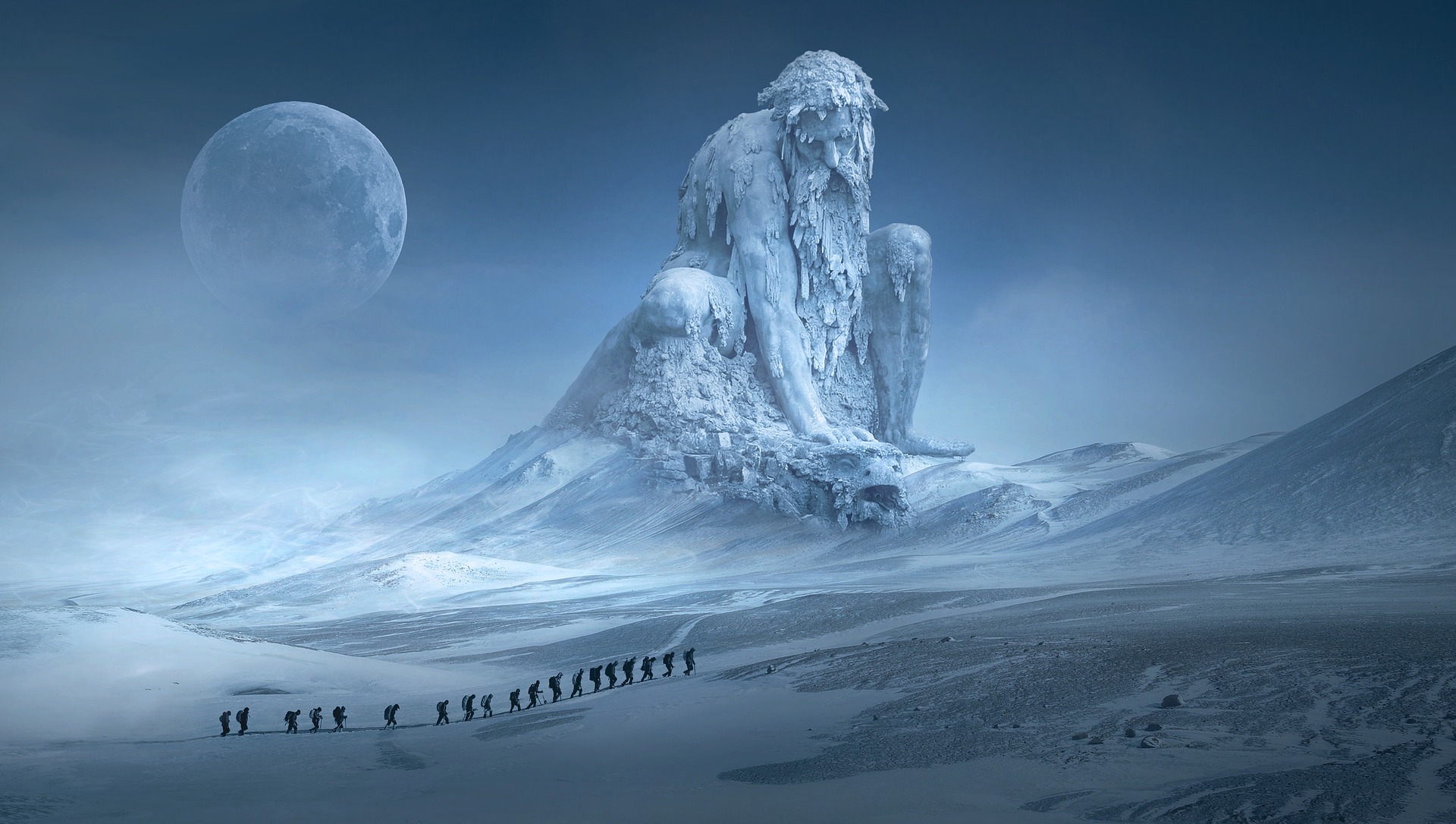Her beauty was staggering.
I had never seen so much flesh in my life as I did in the massive portraits on these walls.
Standing, reclining, full front on, in profile, her back to the artist, the Courtesan was naked in every pose, her silhouette that of an hourglass.
Her full breasts stood high on her chest, her torso curved to a slender waist above rounded hips, her legs were long and tapered. Her skin was creamy and luminous; and black hair cascaded to her waist.
Her features were noble; hers was the classical beauty of the highborn class.
But her eyes made her unforgettable. Beneath arched brows, her large eyes angled on a tilt and mingled the hues of gold and amber. Her steady gaze held the controlled ferocity of a wildcat.
Such fierce scrutiny replicated in portrait after portrait overpowered my senses for a moment. I turned my back to gather my bearings, only to come back to the incessant pink of the foyer.
How in the devil did I come here?
That’s what I wondered as I encountered again the cavernous entry into the home of the most legendary Courtesan the Capital City had ever known.
That was all I could think about that afternoon when the Wanderer and I first stepped inside the Courtesan’s Casa.
The atrium had soaring ceilings with pale pink satin lining the walls, while mottled pink marble stretched along the floor and up the steps of the sweeping staircase in the middle. Maybe even the ceiling was pink.
It was impossible to tell because the massive chandelier hanging in the space between the ceiling and the floor reflected pink everywhere.
Hundreds of candles and thousands of crystal droplets married fire and ice when the tiny flames coupled with the glimmering teardrops, then flickered along the marble floor, the stairs, and the walls.
Such a pairing had cast rosy radiance throughout the foyer to render everybody inside timeless and ageless.
The procession of servants and protégées lined up and waiting made up the most gorgeous household I had ever seen. I couldn’t believe it when the men bowed!
Even the strongmen actually bent at the waist, the same men who had pulled me and the Wanderer out of the rioting mob, and who had likely saved our lives. Yet here they were, bowing to us like royalty, while the women curtsied.
The courtesan protégées made quite a vision as they fanned their sumptuous skirts. Even the most junior maids held their plain skirts wide. Their timing was impeccable. The Courtesan’s staff moved in flawless unison, but how could they have rehearsed that moment?
My friend, the Wanderer, had enjoyed many grand adventures in his life. Yet his black eyes were wide in his face. He appeared as stunned as I with this spectacle. None of it seemed real, especially with the hard coldness of pink marble penetrating my boots to chill my feet.
Instead of gaining my balance, the glowing majesty of the entryway stirred the memory from that afternoon, which made me light-headed. I turned back to the paintings.
This time, I found it easier to focus on the portraits lined along the wall north of the wide elegant staircase that cut a dramatic swathe in the center of the foyer.
The woman peered intently at the artist who had painted her. The loving attention to detail made me wonder if the artist had caressed his lover with each stroke of the brush. Carnality and lawlessness emanated from the Courtesan’s portraits.
I could easily imagine a handsome, tormented soul painting with fevered intensity, a creator hopelessly in love with his libertine muse who would only cherish him in the moment. Perhaps they had made love in between sittings?
Before me were nine paintings displaying the glory of a legendary Courtesan in all the phases of her life.
About five years must have passed in between each portrait.
Her features matured and grew more defined with each painting, as she left the plump bloom of youth behind. Her body ripened to her prime, then past it; silver streaked her glossy black hair more and more in each portrait.
Yet in all the paintings, her expression was much the same.
Those golden eyes sparkled with defiance and unrepentant joy. Her generous mouth curved in a knowing smirk.
Had she anticipated her future audience when she posed for her portraits? Did she see past the artist, looking to those who would later gaze upon her?
Her stare was relentless. She dared me to judge her, the scarlet woman who should have been an outcast. Instead, the joke was on the rigid and the proper. And the Courtesan knew it.
How in the devil did I end up here? What a day of madness this had been, I mused as I gaped at the sensuous portraits.
“So what do you think of my Vanity Gallery, darling Shepherd?”
Novel excerpt from “The Shepherd and the Courtesan,” a work-in-progress by Montgomery Mahaffey
©2019, All Rights Reserved.



















